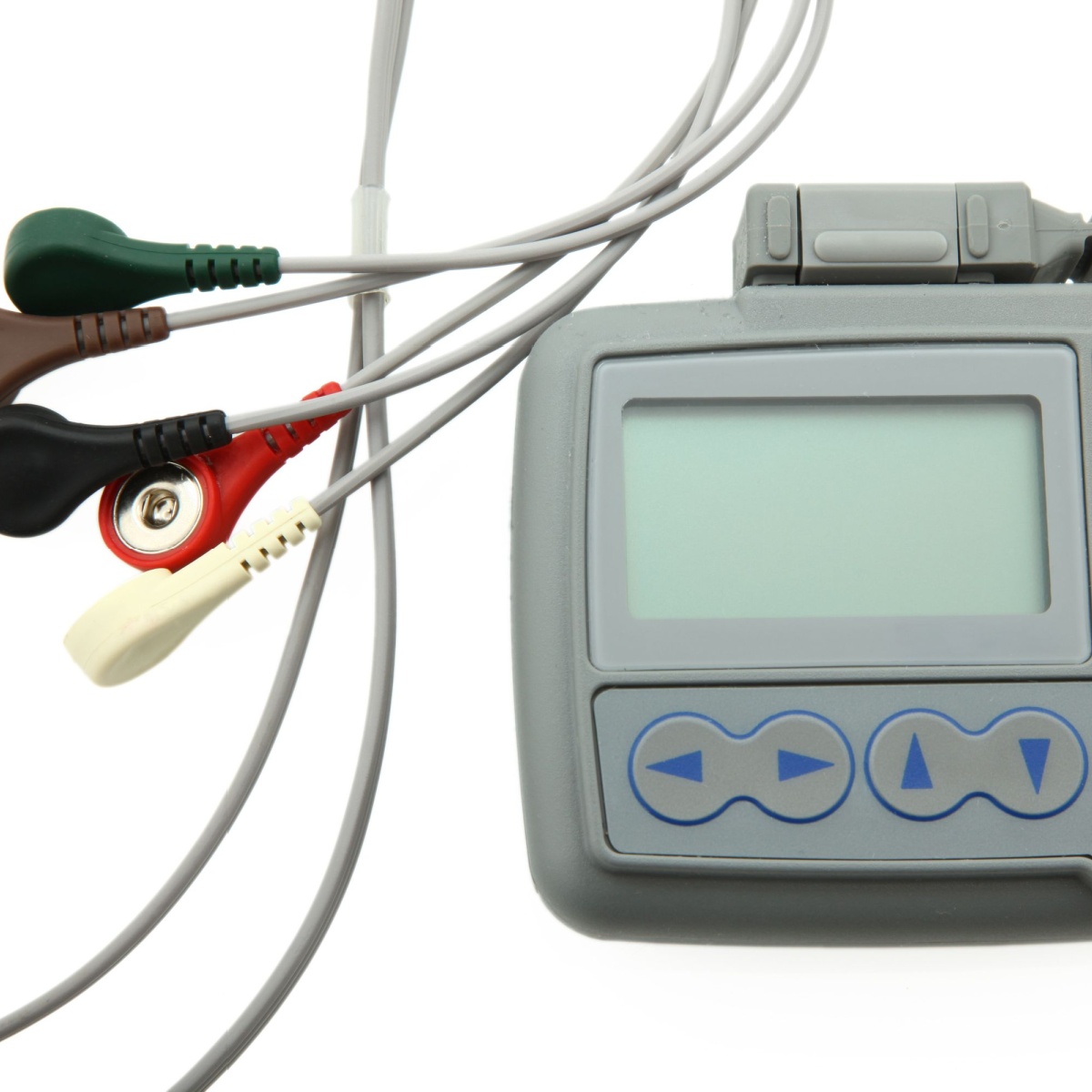Standard EEG vs. Ambulatory EEG: Key Differences and When to Use Each
Electroencephalography (EEG) is a vital diagnostic tool used to monitor and record the brain’s electrical activity. Among the various types of EEGs, Standard EEG, and Ambulatory EEG are commonly employed to diagnose neurological conditions. Understanding the differences between these two methods can help patients and healthcare providers choose the most appropriate test for a given situation.
____________________________________________________________________________________________________________________________________
What is an EEG?
An EEG (electroencephalogram) is a non-invasive test that records the brain’s electrical activity using electrodes on the scalp. It helps diagnose conditions like epilepsy, sleep disorders, brain injuries, and cognitive impairments such as dementia or Alzheimer’s.
_____________________________________________________________________________________________________________________________________
Standard EEG vs. Ambulatory EEG
What is a Standard EEG?
A Standard EEG is conducted in a clinic or hospital and lasts about 20–60 minutes. It’s typically the first step in evaluating neurological concerns.
Advantages:
- Quick results
- Controlled, quiet environment
- Cost-effective
Limitations:
- Short observation period
- May miss infrequent symptoms
- Limited to artificial test conditions
What is an Ambulatory EEG?
An Ambulatory EEG monitors brain activity over 24–72 hours while the patient continues daily activities, offering a more comprehensive view of brain function.
Advantages:
- Extended monitoring over multiple days
- Captures real-world brain activity, including during sleep
- Improves detection of intermittent or unpredictable symptoms
Limitations:
- More complex setup
- Possible discomfort from extended wear
- Higher cost compared to Standard EEG
_________________________________________________________________________________________________________________________________Key Differences Between Standard and Ambulatory EEG
Feature Standard EEG Ambulatory EEG Duration 20–60 minutes 24–72 hours or longer Setting Medical facility Patient’s daily environment Purpose Immediate observations Monitoring over time Suitability Acute or frequent symptoms Intermittent or rare events Cost Lower Higher Patient Involvement Minimal Requires active participation
_____________________________________________________________________________________________________________________________________
When to Use Each Type
Use a Standard EEG When:
- Symptoms are frequent and predictable
- You need an initial diagnosis
- Quick testing is required (e.g., emergency or pre-surgical)
Use an Ambulatory EEG When:
- Symptoms are intermittent or occur during sleep
- Previous EEGs haven’t captured events
- Long-term data is needed for diagnosis
_____________________________________________________________________________________________________________________________________
Common Uses for EEG Testing
EEGs help diagnose and manage conditions such as:
- Seizures & Epilepsy: Standard EEGs detect known patterns; Ambulatory EEGs catch unpredictable episodes
- Sleep Disorders: Ambulatory EEGs offer insights into natural sleep cycles
- Fainting & Dizziness: Long-term EEGs help link brain activity with rare events
- Cognitive Disorders & Brain Injuries: Both types monitor changes or abnormalities
- Treatment Monitoring: Track the effectiveness of medications or post-surgery recovery
_____________________________________________________________________________________________________________________________________
Preparing for Your EEG
Before the Test:
- Avoid caffeine and alcohol
- Wash your hair and skip styling products
- Inform your provider about current medications
During the Test:
- Relax and follow the technician’s instructions
After the Test:
- Standard EEG: Resume daily routine
- Ambulatory EEG: Follow care instructions and keep a symptom diary
_____________________________________________________________________________________________________________________________________
Interpreting EEG Results
A neurologist reviews EEG data to identify:
- Normal brain activity: No neurological issues
- Abnormal patterns: May suggest epilepsy, stroke, or cognitive disorders
- Spikes/sharp waves – seizures
- Slow waves – possible brain injury
_____________________________________________________________________________________________________________________________________
Modern EEG Advancements
Today’s EEGs are more effective and convenient thanks to:
- Wireless technology: Enhanced comfort and mobility
- Video-EEG monitoring: Links brain data with physical behavior
- Cloud-based review: Enables faster diagnoses from remote specialists
_____________________________________________________________________________________________________________________________________
Are EEGs Safe?
Yes, EEGs are safe and painless.
Rare risks may include:
- Mild scalp irritation
- Seizure induction (only for diagnostic purposes in epilepsy cases)
_____________________________________________________________________________________________________________________________________
How Hashwani Neurology & Neurophysiology Clinic (HNNC) Can Help with EEG Testing
At Hashwani Neurology & Neurophysiology Clinic (HNNC), we specialize in the diagnosis and management of neurological conditions using advanced tools like EEG. Whether you need a Standard or Ambulatory EEG, our team provides expert evaluation and personalized care tailored to your needs.
Our services include:
- Advanced diagnostic testing, including EEG, EMG, and NCS
- Comprehensive assessment for epilepsy, sleep disorders, cognitive issues, and more
- Customized treatment plans based on EEG results and clinical evaluation
- Guidance and support throughout the diagnostic process, from preparation to follow-up care
______________________________________________________________________________________________________________________________________
Contact Hashwani Neurology & Neurophysiology Clinic (HNNC)
If you or a loved one is experiencing seizures, sleep problems, or other neurological symptoms, don’t wait. Early testing and expert care can make all the difference. Contact us today to learn more about our services.
Schedule an appointment today to take the next step toward better brain health.

